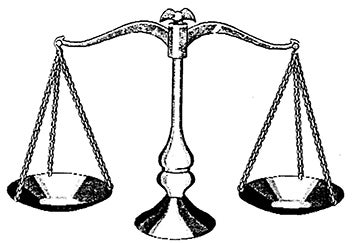Court order issued for Sabine Pass LNG
Published 5:47 pm Monday, February 12, 2018
A order was issued last week requiring Sabine Pass Liquification LLC, which is part of Houston’s Cheniere Energy, to take corrective action regarding a Jan. 22 release from one of its tanks.
The U.S. Department of Transportation Pipeline and Hazardous Materials Safety Administration, Office of Pipeline Safety, issued the order Thursday.
According to preliminary findings in the report, Sabine workers discovered a release of liquefied natural gas from Tank S-103. The release eventually escaped through four separate cracks in the outer tank and pooled in the secondary containment area surrounding the tank.
Exposure of LNG to the carbon steel outer tank resulted in cooling of the outer tank wall to a temperature of minus 25 degrees where the cracks were about one to six feet in length in a short amount of time, adding that when steel fails at low temperatures, it fails in a brittle manner. Brittle failures do not leak before failing so there is no warning of failure.
“The area around Tank S-103 was roped-off to limit potential ignition sources and the road closest to the tank was closed to vehicle traffic. Sabine also notified the occupants of the adjacent property of the situation. Sabine then issued “hot work” permits so that personnel could enter the area where there are gas vapors to better assess the tank. The fire and water systems were not activated. Other plant operations continue as normal,” the document read.
The corrective actions issued include:
- Provide within seven days a timeline and plan for removing the affected tanks from service.
- Develop and submit a detailed comprehensive work plan within 30 days of receipt of the order.
- Engage the services of qualified independent third parties to assist in the development of the work plan.
- Perform the work approved in the work plan.
Within 60 days of completion there must be an evaluation of three other tanks to determine if they are subject to the same causal factors, and cannot return the tanks to service until formal authorization, the document said.






